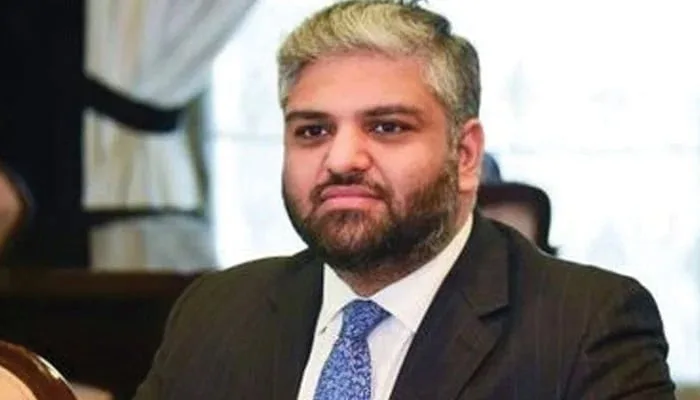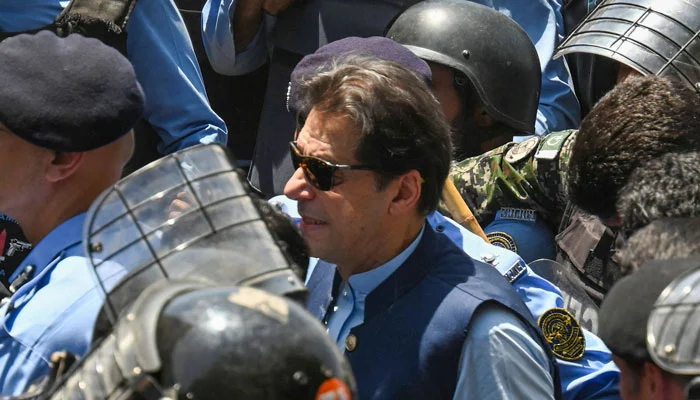Zain Qureshi, the parliamentary leader of the Sunni Ittehad Council and son of Shah Mahmood Qureshi, recently shed light on Prime Minister Imran Khan’s political strategy and alliances during an appearance on Geo News program Capital Talk. According to Qureshi, Imran Khan has received clear instructions that allow him to engage in dialogue and collaboration with every democratic force except for the Muslim League (N), Pakistan Peoples Party (PPP), and Muttahida Qaumi Movement (MQM). This revelation offers valuable insights into Imran Khan’s approach to coalition-building and political maneuvering in Pakistan.
Qureshi’s statement underscores the complexity of Pakistan’s political landscape and the intricate web of alliances and rivalries that characterize it. By specifically excluding the Muslim League (N), PPP, and MQM from potential alliances, Imran Khan’s strategy appears to be aimed at consolidating power by forming alliances with parties that are not traditional rivals or competitors. This approach suggests a willingness to engage with a diverse range of political actors in pursuit of common goals, while simultaneously marginalizing certain opposition parties.
The exclusion of the Muslim League (N), PPP, and MQM from potential alliances raises questions about the underlying motivations behind Imran Khan’s strategy. One possible explanation is that these parties are viewed as staunch opponents of the ruling Pakistan Tehreek-e-Insaf (PTI) government, and their inclusion in any coalition could potentially undermine Imran Khan’s political agenda. By distancing himself from these parties, Imran Khan may be seeking to minimize the risk of internal dissent and opposition within the government.
Additionally, Qureshi’s remarks highlight the importance of strategic partnerships and alliances in Pakistani politics. In a diverse and fragmented political landscape, coalition-building is often essential for achieving legislative goals and maintaining stability. By cultivating alliances with other democratic forces, Imran Khan may be seeking to strengthen his government’s position and enhance its ability to enact policy reforms.
However, the exclusion of certain parties from potential alliances also raises concerns about the inclusivity and representativeness of Pakistan’s political system. By limiting collaboration to select parties, there is a risk of marginalizing voices and perspectives that are critical of the ruling government. This could potentially contribute to political polarization and exacerbate tensions within Pakistani society.
Moreover, Imran Khan’s approach to coalition-building may have broader implications for the future trajectory of Pakistani politics. By prioritizing alliances with specific parties, there is a possibility that the government’s policy agenda could be influenced by the interests and priorities of its coalition partners. This could shape the direction of governance and policy-making in Pakistan, potentially impacting issues such as economic development, social welfare, and foreign relations.
Zain Qureshi’s revelations about Imran Khan’s political strategy and alliances offer valuable insights into the dynamics of Pakistani politics. By excluding certain parties from potential alliances while engaging with others, Imran Khan’s approach reflects a complex balancing act aimed at consolidating power and advancing the government’s agenda. However, the implications of this strategy for political inclusivity, representation, and governance remain subjects of ongoing debate and scrutiny in Pakistan’s evolving political landscape.



